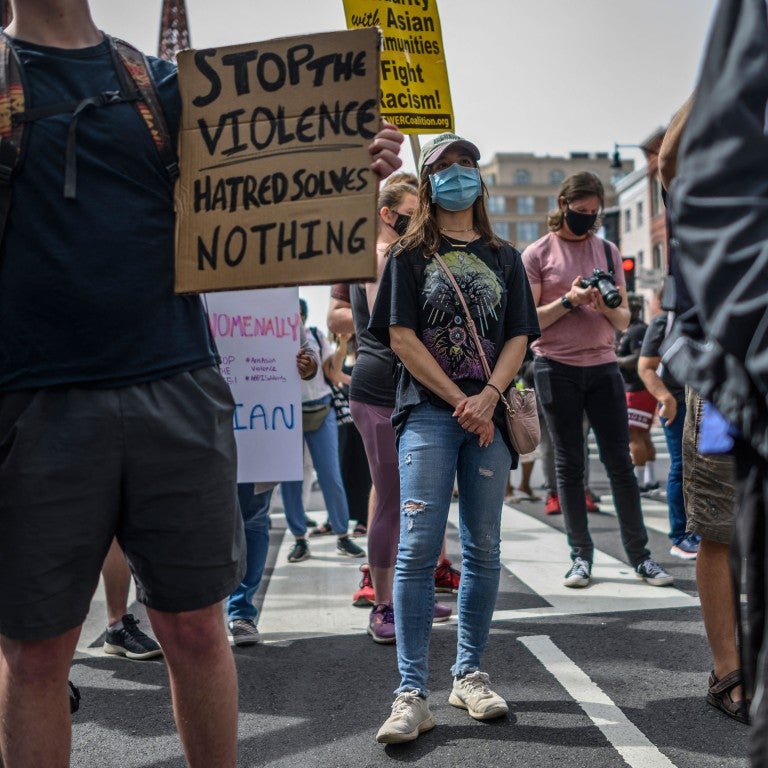Since the horrific attack by Hamas on Israeli civilians on Oct. 7, journalists, pundits and some national leaders have pointed out, almost in passing, that Hamas is supported by Iran. Despite this fact, Iran seems to have escaped serious scrutiny and any measure of responsibility for the ongoing terror it has unleashed in Israel, Gaza and the region. That needs to change; Iran must be held accountable.









